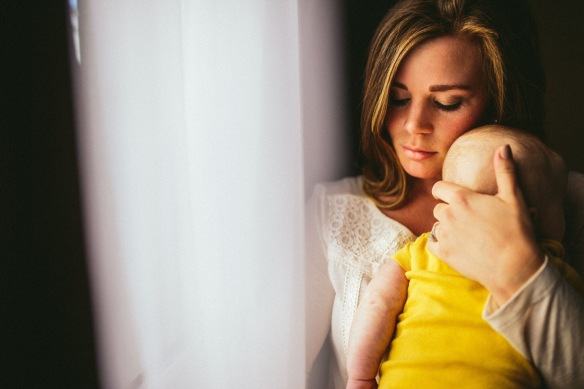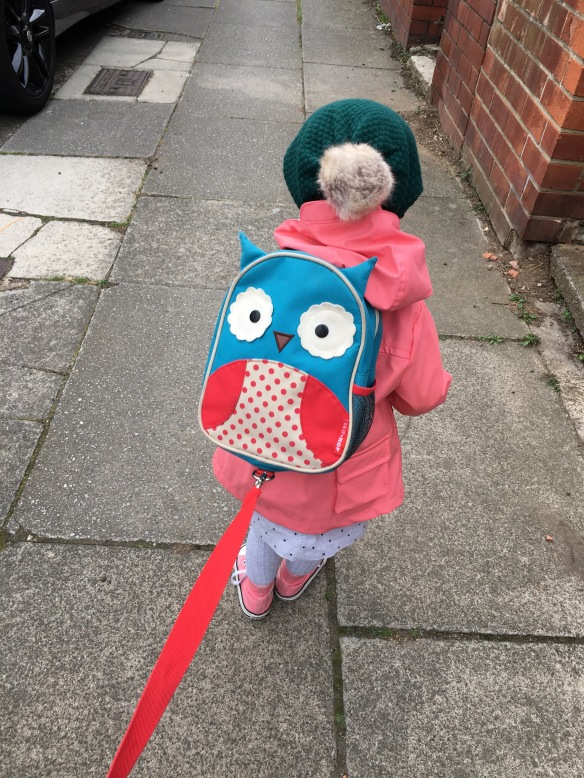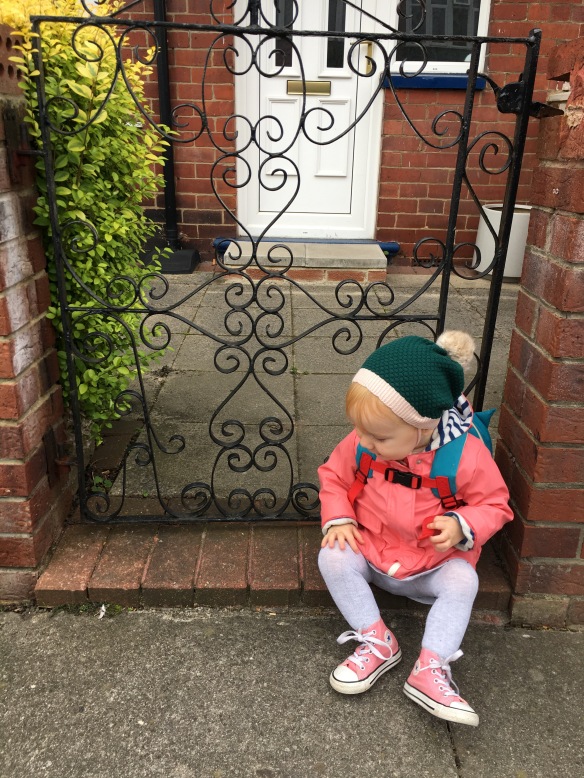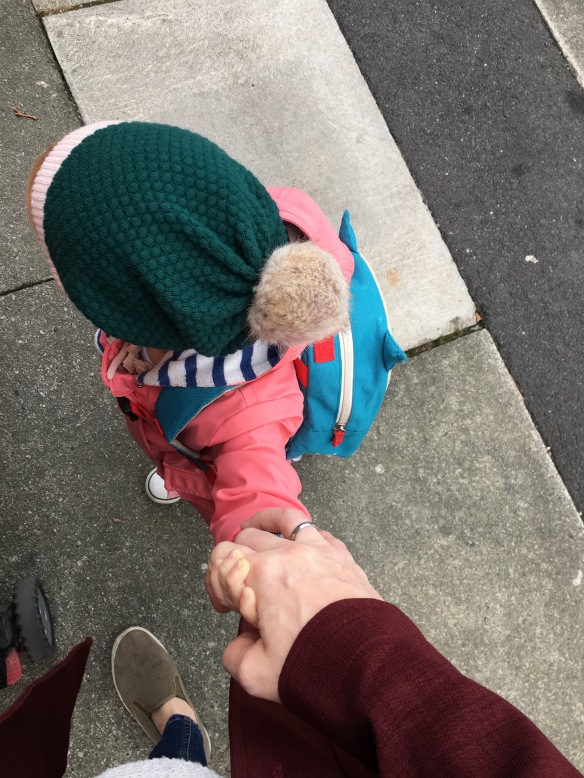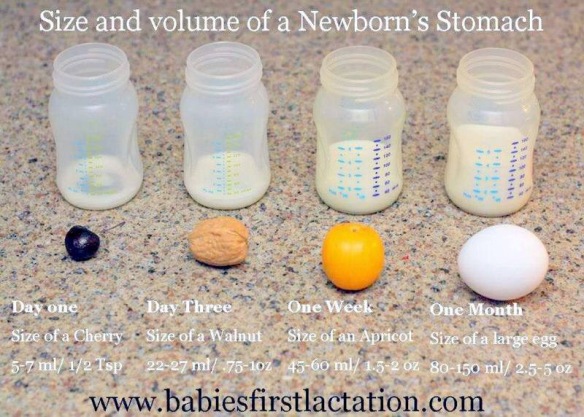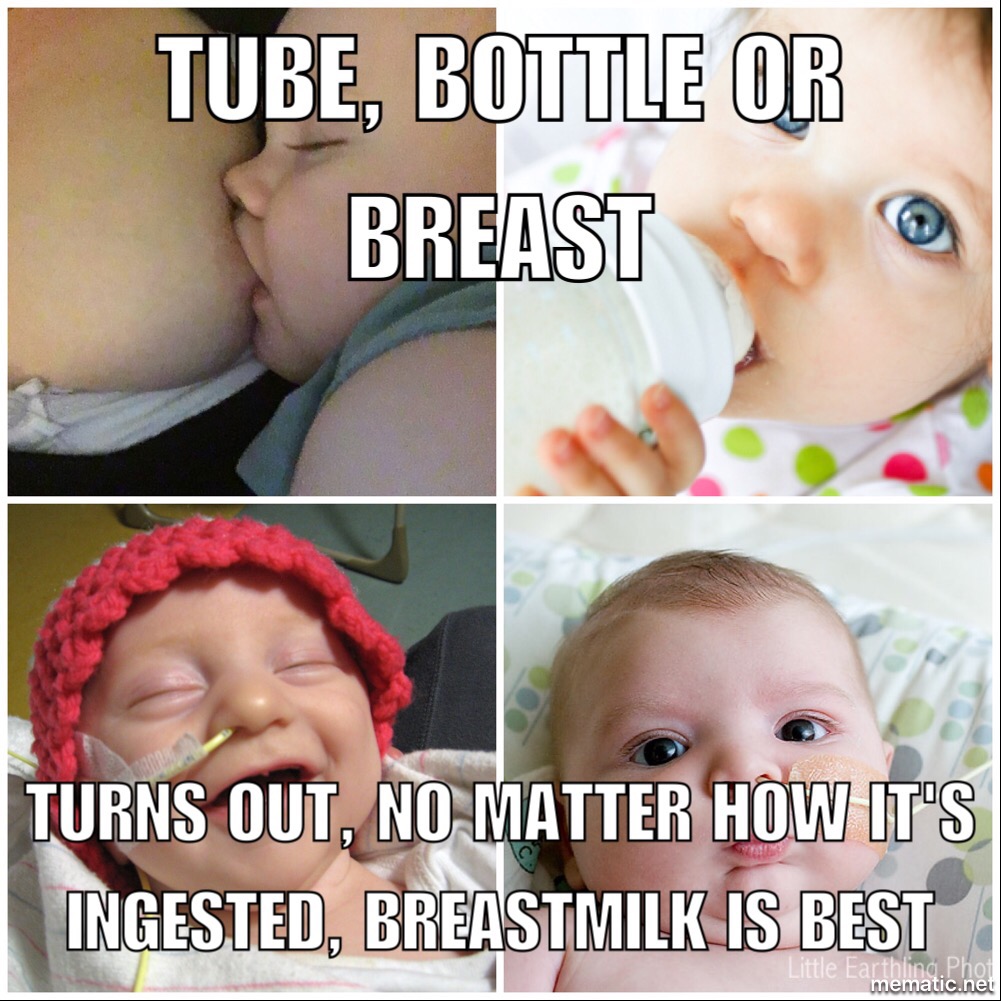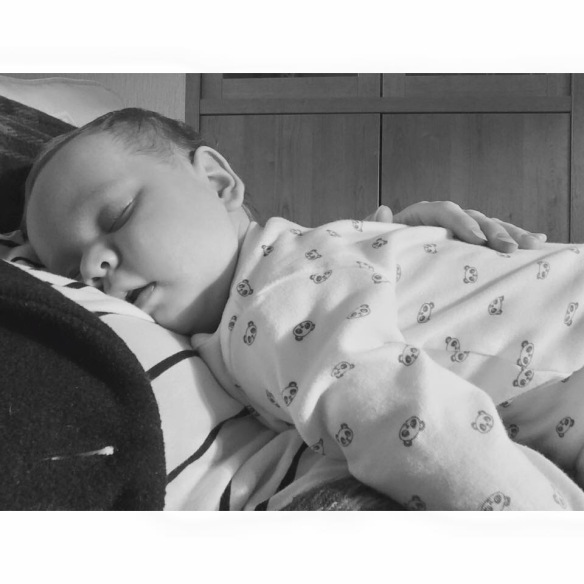I just got kicked out of a breastfeeding support group for supporting and trying to protect breastfeeding mothers.
A lady in the group posted this.

Seems harmless enough, right? Shouldn’t we all support this kind of feeding. Just because it’s not breastfeeding, doesn’t mean it’s not ok, right?
We’re all mothers just trying to do our job.
The problem, here, is that this is exactly the kind of thing that breastfeeding mothers are trying to escape by joining A BREASTFEEDING SUPPORT GROUP.
All throughout my first few months of breastfeeding, a time when I needed the support to breastfeed, from the people around me more than ever, all I heard was, “Just give her a bottle.” It was said with the best of intentions, I understand that. It was always well-meaning but it was also always said by people who bottle-fed their children. People who knew nothing about breastfeeding, whatsoever. So they couldn’t understand that, as well-meaning as it was, it was the very last thing that I needed to hear.
Breastfeeding is MY RIGHT! It is my BABY’S RIGHT! I wanted to breastfeed. My baby wanted to breastfeed. I needed breastfeeding support. I did not need more people telling me to just give up and put her on a bottle.
So, as you can imagine, I found huge comfort and relief in my local, online, breastfeeding support group, Breast Buddies Teesside. It was, literally, the only place I could go where no one would tell me to just put my baby on a bottle. I found all the encouragement, correct information and support that I needed to continue and, here I am, still breastfeeding today! I can guarantee that would not have happened, had I not found that group.
Further to this, there was never any imagery of bottle feeding in there. Instead, women were posting beautiful pictures of their baby’s breastfeeding, bursting with pride that the latch was ‘finally right’ or that they had finally plucked up the courage to feed their newborn in public, without receiving any negative comments. This kind of thing, helps us women to feel supported because it makes us feel NORMAL.
Images of the bottle fed baby are, literally, everywhere. In our adverts, on tele, in our magazines, on our TV soaps, our parents bottle fed, our sisters, friends, HECK even our children’s dolls all come with a bottle. Bottle feeding couldn’t be more normal, in our culture, if it tried! So there is no greater feeling, for a breastfeeding mum to find herself in a place, free from bottles and full of lovely boobs. No one to make her feel bad for her shameless brelfies or tell her that her baby might not be getting enough milk.
Imagery like this not only adds to the normalisation of bottle feeding but it works to undermine a woman’s ability to breastfeed. Seeing images like this reinforces the idea that breasts are not good enough to feed babies and can sway a mother to give up the fight, when she didn’t need to.
So, forgive me, if when I see a picture uploaded to A BREASTFEEDING SUPPORT GROUP that basically tells women that all their hard work trying to breastfeed their baby doesn’t matter, because ‘being fed’ is all that matters, I don’t jump up and celebrate that message.
I understand, this kind of message can help those women feel better about themselves, whose baby could never latch. I’m sorry you were not supported enough to breastfeed. This is why I am training to become a breastfeeding peer supporter, so that I may help prevent that from happening, to future mums.
I understand this kind of message can help women to feel better, who had to stop breastfeeding for medical reasons but I’m sure they would understand the reasons why this kind of message isn’t appropriate to those currently struggling to make breastfeeding work for them.
I even understand it could help mothers feel better, who chose to formula feed, however, in that case, shouldn’t this kind of thing be posted in a formula feeding support group?
Another reason I dislike this, is that it reinforces the idea that there is a large number of mothers out there who are judging bottle/tube/formula feeding mums. I’m not saying those people don’t exist but I think we have a much bigger problem with people tarring all breastfeeding mothers with the same brush.
Most breastfeeding mothers don’t judge. Most have had to give their formula, themselves, at some point! And, more to the point, breastfeeding mothers are a minority group. If only 17% of UK mothers are still breastfeeding by 3 months, then that means a whopping 83% of mums are formula feeding by the time their baby is 3 months old. That number increases rapidly as the baby gets older. So, who in their right mind, would judge a formula feeding mother, when they themselves formula feed? Because the only people with the opportunity to judge would be a very small minority of breastfeeding mothers, most of whom, are bloody lovely and would never judge another mum for formula feeding.
So, then, where did this idea of ‘The Mommy Wars’ come from?
You guessed it! The formula companies, of course!!
It pays to make formula feeders feel judged by breastfeeding mums, for the way they feed their babies. It prevents breastfeeding mums from talking about the benefits of breastfeeding, for fear of being labelled as “judgy”. This is why one major brand of formula has, recently, spent a lot of bloody money creating adverts about ‘The Mommy Wars’, reinforcing the idea that it exists. It’s all very clever, but then, formula didn’t become a billion pound industry for being daft, did it?
So, imagine my surprise when after, very diplomatically, explaining to the admin team of UK Breastfeeding Support, my reasons for believing this meme to be inappropriate, I am met with this…

They kicked me out!
Thankfully, this group is not the group I was talking about, which helped me so much in my early breastfeeding days. And I am now informed that it is very well-known for giving out and allowing bad advice (Although, not as well-known as I would hope, with over 5,000 current members).
I am told, in an attempt to counter the poor and risky work of the admins, over at UK Breastfeeding Support, a new group was created in its place. This group is UK Breastfeeding and Parenting Support and it is full of lovely, supportive mums and peer supporters, alike. Free from the norms of bottle feeding! A safe and comfortable environment for all mums, wishing to vent about the pressure to bottle feed and to be FULLY supported on their breastfeeding journeys.
Another fab breastfeeding support group, which, to my knowledge, has never supported this type of language or imagery, is Breastfeeding Yummy Mummies. If you are a breastfeeding mother, or aspiring to be, I would recommend these two groups very much and hope, from the bottom of my heart, you find them first.
Connect with me on Facebook to stay updated on my posts!
54.559014
-1.235277


